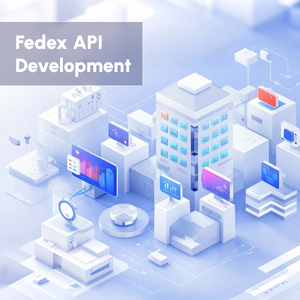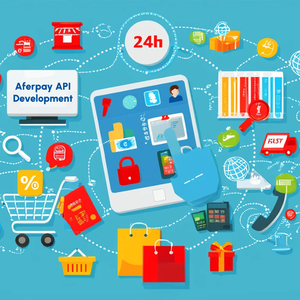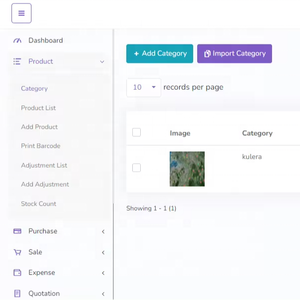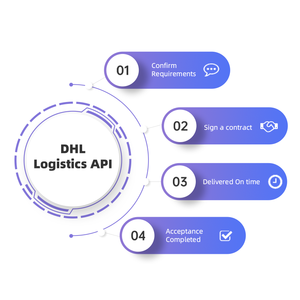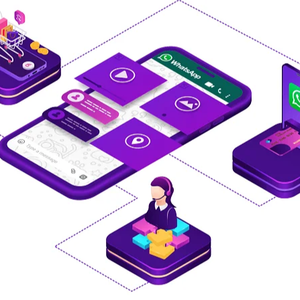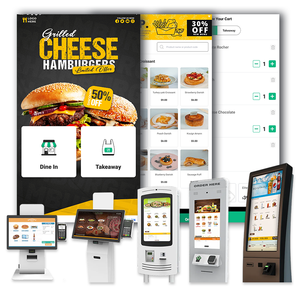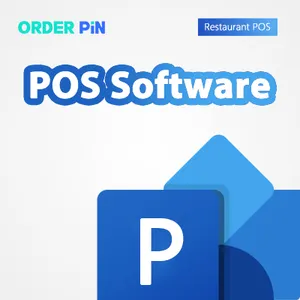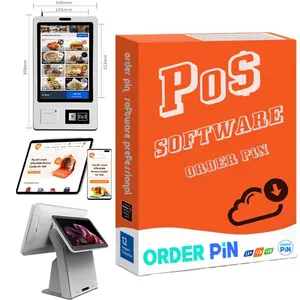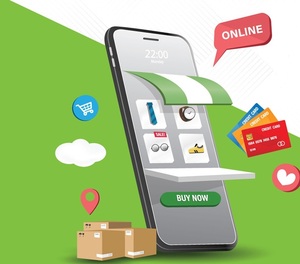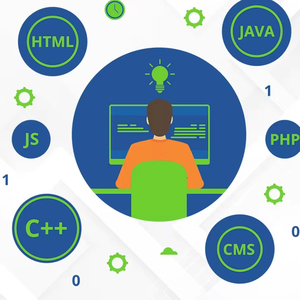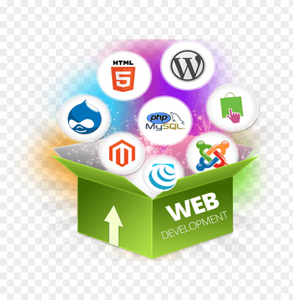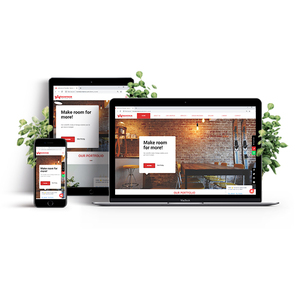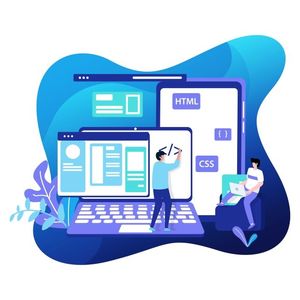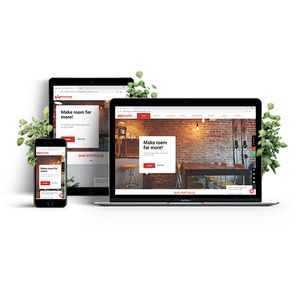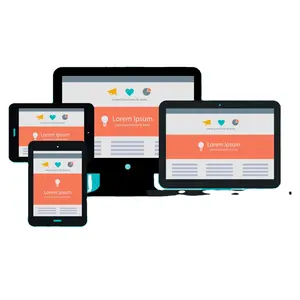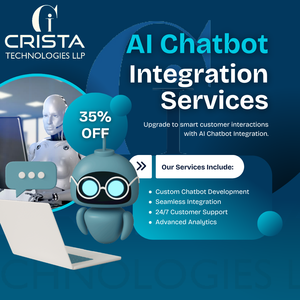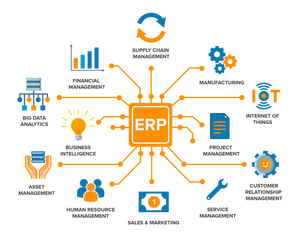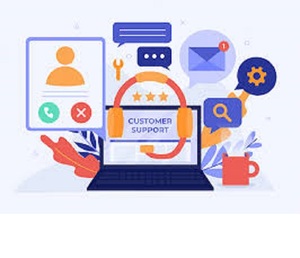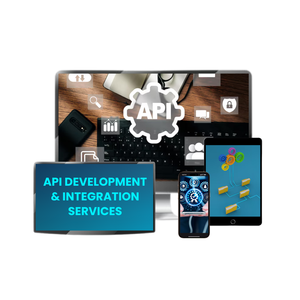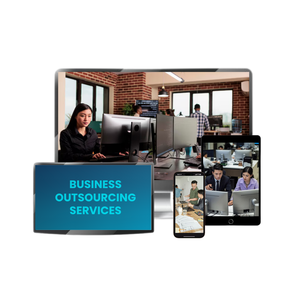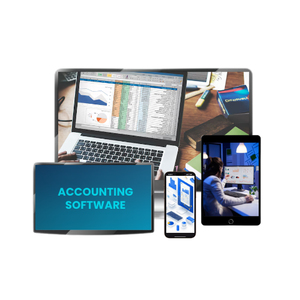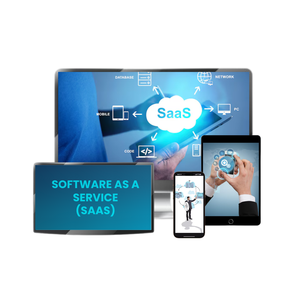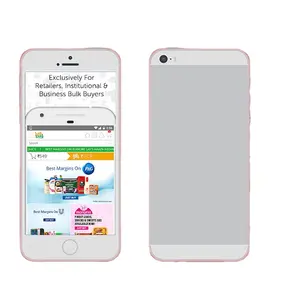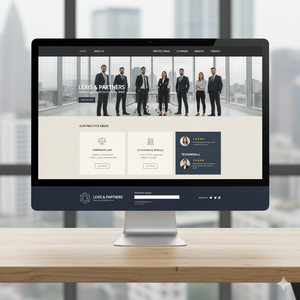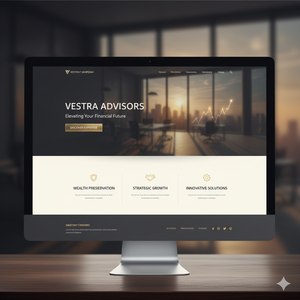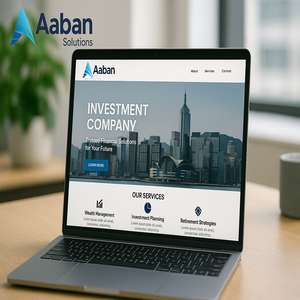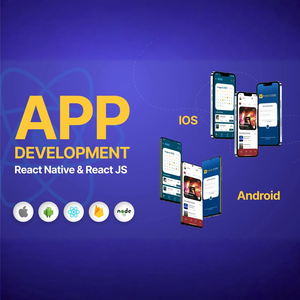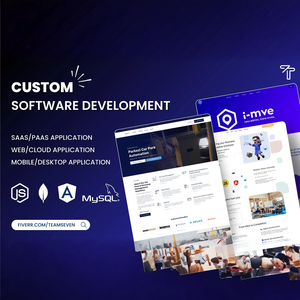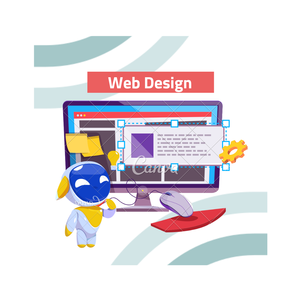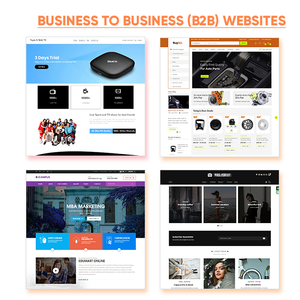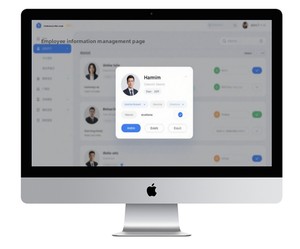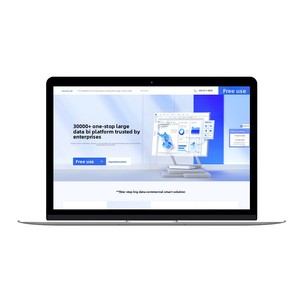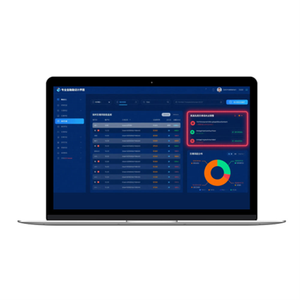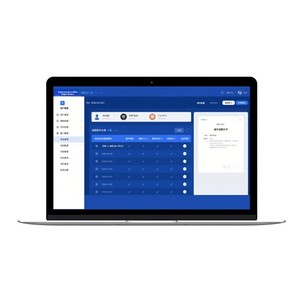Business To Business Integration Examples
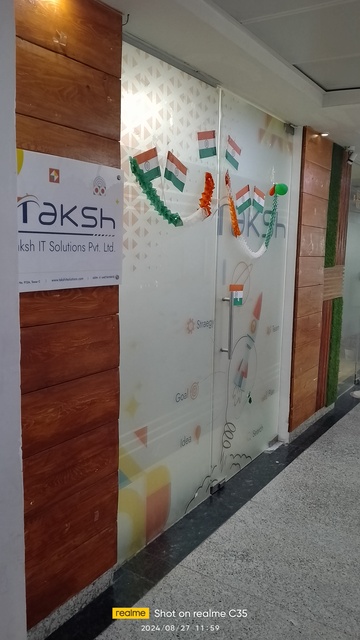







 CN
CN


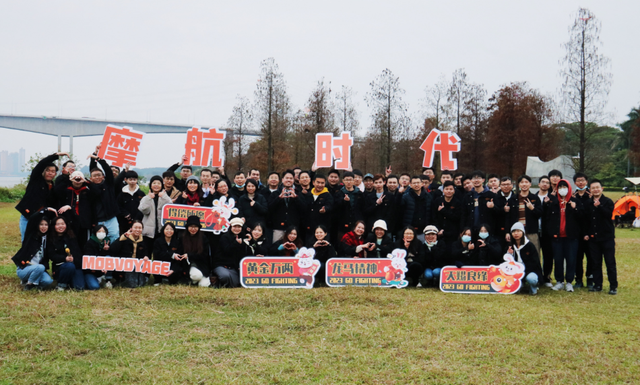

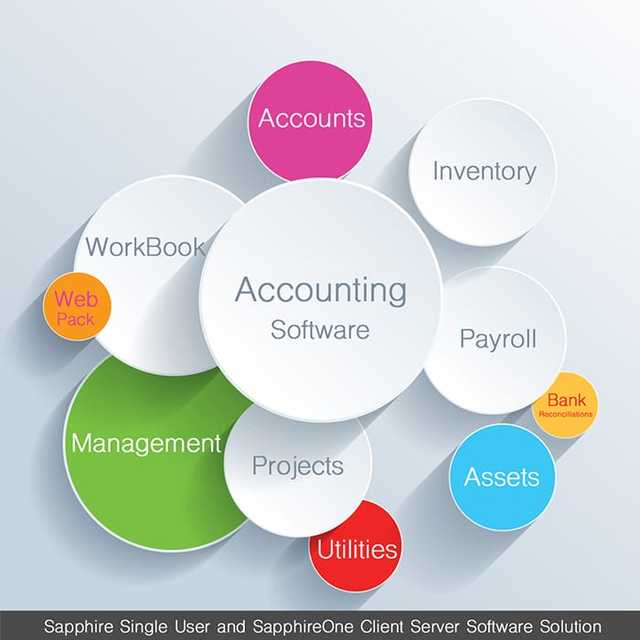

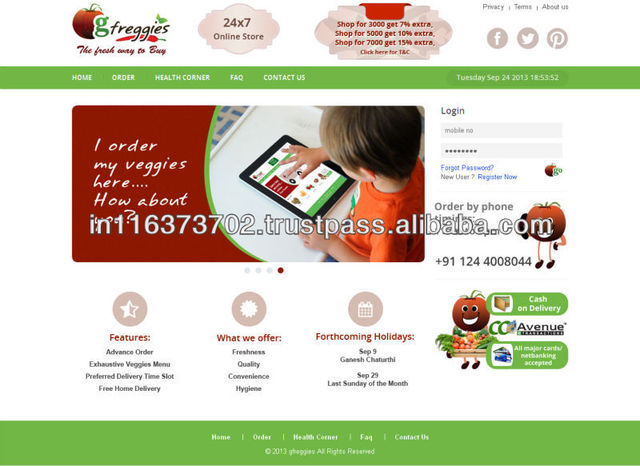



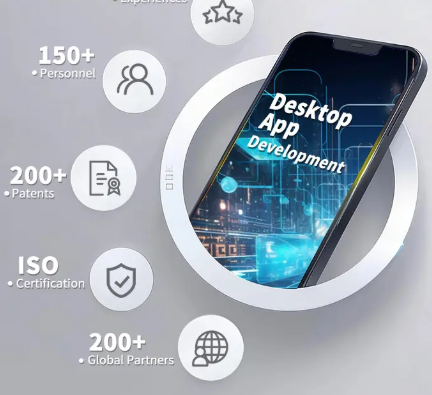



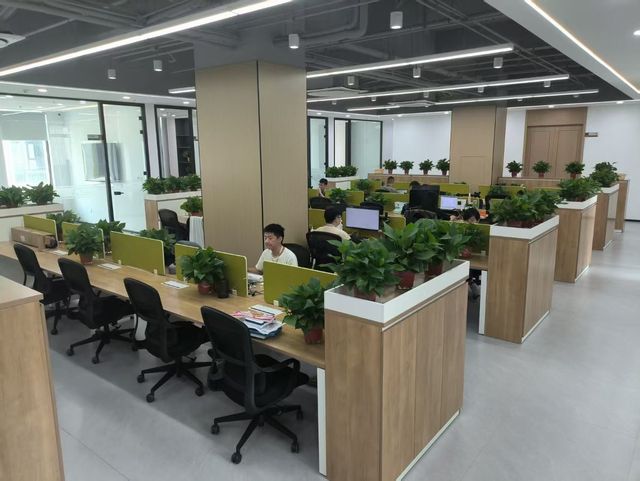
About business to business integration examples
Where to Find Business-to-Business Integration Service Providers?
The global market for business-to-business (B2B) integration services is increasingly concentrated among specialized technology firms in China and India, with distinct regional strengths in software development infrastructure. Shenzhen and Hangzhou in China have emerged as hubs for API-centric integration solutions, leveraging proximity to hardware manufacturers and e-commerce platforms to deliver logistics, payment, and marketplace connectivity services. These regions benefit from mature ecosystems where cloud infrastructure, data centers, and regulatory-compliant development frameworks are readily accessible, reducing deployment timelines by 25–40% compared to offshore alternatives.
India’s IT corridor—particularly Hyderabad and Bangalore—hosts a growing number of B2B integration specialists offering scalable software middleware, ERP interoperability, and blockchain-enabled smart contract integrations. Indian providers typically operate with lean cost structures while maintaining high technical proficiency, enabling competitive pricing without compromising development quality. Buyers gain access to multilingual engineering teams experienced in cross-platform system integration, particularly for SaaS, fintech, and supply chain applications.
How to Choose B2B Integration Service Providers?
Selecting reliable partners requires rigorous evaluation across technical, operational, and transactional dimensions:
Technical Expertise Validation
Confirm demonstrated experience in integrating specific platforms such as FedEx, Walmart, eBay, Amazon SP-API, or payment gateways like Afterpay. Review documented case studies or code samples that verify secure authentication protocols (OAuth, REST/SOAP APIs), error handling mechanisms, and data encryption standards (TLS 1.2+, AES-256). For blockchain-based integrations, assess familiarity with Ethereum Virtual Machine (EVM) or equivalent smart contract environments.
Development Capacity Assessment
Evaluate supplier capability through quantifiable metrics:
- Minimum of 80+ active listings in APIs & Integrations or related software categories
- Dedicated R&D teams with proven track record in enterprise-grade application development
- Response time under 4 hours for initial technical inquiries
Cross-reference on-time delivery performance (target ≥95%) and online revenue volume as indicators of operational stability and client throughput.
Transaction Risk Mitigation
Utilize escrow-backed payment terms until successful implementation and testing are verified. Prioritize suppliers with transparent communication logs and structured project management workflows. Pre-deployment validation should include sandbox environment testing, API rate limit analysis, and failover protocol reviews to ensure production readiness.
What Are the Leading B2B Integration Service Providers?
| Company Name | Location | Main Products (Listings) | Online Revenue | On-Time Delivery | Avg. Response | Min. Order Value | Reorder Rate |
|---|---|---|---|---|---|---|---|
| TAKSH IT SOLUTIONS PRIVATE LIMITED | Hyderabad, IN | AI Applications (235), Web Applications (133), APIs & Integrations (86) | US $2,000+ | 75% | ≤1h | $4,500 | - |
| Shenzhen Douples Technology Co., Ltd. | Shenzhen, CN | E-commerce, Logistics API Integrations | - | 100% | ≤8h | $2,000 | - |
| KAEM SOFTWARES PRIVATE LIMITED | Coimbatore, IN | Software (1,271), ERP Systems, Mobile Apps | US $8,000+ | - | ≤2h | $95 | - |
| Shenzhen Shiningworth Technology Co., Ltd. | Shenzhen, CN | Enterprise API Integration, Custom Software | - | 100% | ≤4h | $45/piece (100pc MOQ) | - |
| HANGZHOU ALLROOT Software Co., Ltd. | Hangzhou, CN | Marketplace API Integrations (eBay, Walmart, USPS) | - | 100% | ≤4h | $100 | - |
Performance Analysis
Chinese providers dominate reliability metrics, with three suppliers achieving 100% on-time delivery rates, particularly excelling in standardized API integrations for logistics and e-commerce platforms. Shenzhen Douples and HANGZHOU ALLROOT offer cost-effective entry points at $2,000 and $100 minimum orders respectively, ideal for SMEs requiring single-platform connectivity. In contrast, Indian firms like KAEM SOFTWARES present high-volume software output and rapid response times, though lower reported delivery rates suggest potential scalability challenges. TAKSH IT SOLUTIONS stands out for advanced service offerings including blockchain and smart contract integrations, albeit at higher price points ($4,500–$6,000). Buyers seeking complex, multi-system B2B integrations should prioritize vendors with diversified portfolios and verifiable project histories.
FAQs
What is the typical minimum order quantity (MOQ) for B2B integration services?
Most suppliers treat each integration project as a single unit, with MOQ set at 1 service unit. However, some Chinese providers structure pricing per batch (e.g., 100–500 units) when delivering packaged API software licenses, resulting in per-unit costs between $45–$52.
How long does a standard B2B integration take to implement?
Implementation timelines range from 15–30 days for common API integrations (e.g., shipping carriers, marketplaces). Complex systems involving ERP synchronization, custom dashboards, or blockchain logic may require 6–10 weeks, including testing and user acceptance phases.
Can these providers customize integrations for proprietary systems?
Yes, all listed suppliers offer customization services. Clients must provide API documentation, authentication methods, and data mapping requirements. Turnaround for customized builds averages 21 days, with progress updates typically delivered biweekly.
Are post-integration support and maintenance included?
Support policies vary. Some vendors include 30–90 days of free troubleshooting; extended SLAs require separate contracts. Confirm uptime monitoring, bug-fix response windows (typically 24–72 hours), and version upgrade compatibility before engagement.
Do B2B integration providers offer sample implementations?
While full-service trials are uncommon, many suppliers deliver proof-of-concept (PoC) modules or sandbox demonstrations within 5–7 business days. These allow buyers to validate connectivity, data flow accuracy, and error recovery before committing to full development.









